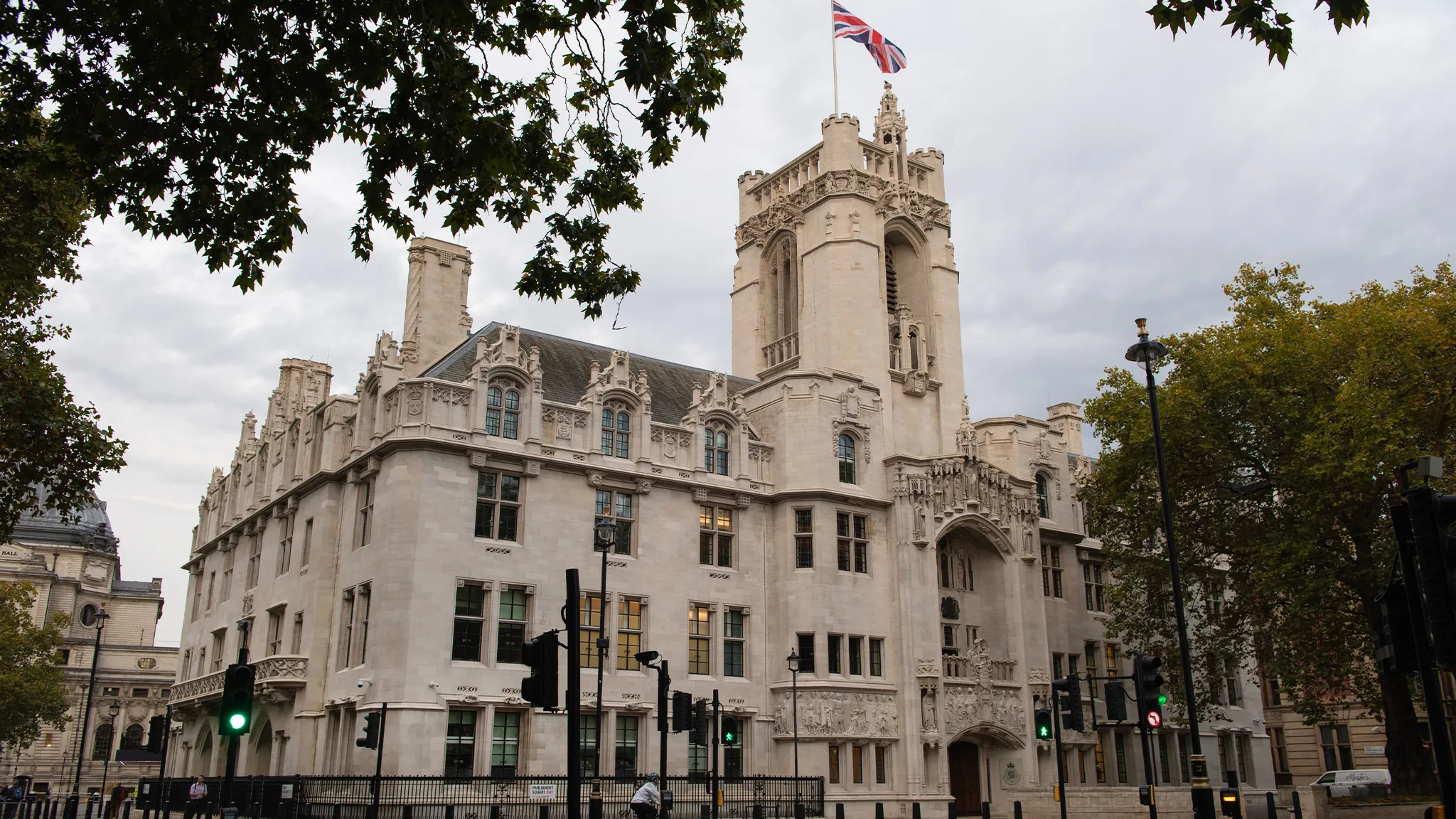Tariff Tensions Trigger Market Tremors
The spectre of escalating tariffs from the United States has sent shivers down the spines of investors globally. As April 2nd looms, marking the date for potential new US tariffs, anxiety is palpable in equity markets. The recent sharp quarterly decline in US stocks, the biggest in two years, underscores the depth of market unease. Even closer home, our own Nifty 50 index has shown negative returns this calendar year, reflecting the pervasive gloom.
Predicting the exact nature and impact of these tariffs remains a guessing game. Yet, the consensus is clear: tariffs are bad news for corporate earnings and global economic health. While the US may aim to revitalise its domestic manufacturing, particularly in sectors like pharmaceuticals, analysts are sceptical. The generic drug industry, for instance, thrives on cost efficiencies from overseas production. Forcing production back to the US could inflate prices, potentially hurting US consumers. Companies seem hesitant to invest heavily in US manufacturing even if tariffs rise, according to Nomura analysts. The secondary effects are also worrying. Trade uncertainty is dampening business and consumer sentiment, casting a shadow over sectors like IT services, whose clients are bracing for slower growth.
UK Court Case Adds to Financial Fret
Across the globe, in the United Kingdom, a legal battle is brewing that adds another layer of financial uncertainty. A court ruling regarding motor finance commissions has sent tremors through the UK lending sector. The core issue is whether car dealerships should have transparently disclosed commission amounts to customers. The Financial Conduct Authority (FCA), while advocating for consumer protection, believes the court of appeal ruling “goes too far”. They argue against treating car dealers as having a fiduciary duty to act solely in the customer’s best interest, fearing it could create “financial chaos”.
Car dealerships echo these concerns, warning of regulatory overreach and potential instability. The FCA’s intervention in the Supreme Court case highlights a delicate balancing act between safeguarding consumers and ensuring a stable business environment. Lawyers for lenders even drew parallels between car salespeople and shop assistants, questioning the extent of duty owed to customers. While the FCA acknowledges the need to address potential bribery risks related to undisclosed commissions, they seem wary of imposing overly stringent obligations that could stifle business. Consumer rights firms, however, are critical of the FCA, accusing them of siding with lenders over consumers who may have been unfairly charged.
Regulatory Ripple Effects
Both these situations – the US tariff threats and the UK motor finance case – highlight a broader trend of regulatory and economic flux impacting global markets. Uncertainty is the unwelcome guest at the investor’s table. Will the US tariff strategy backfire, weakening its own economy as nations seek to diversify trade? In the UK, how will the Supreme Court balance consumer protection with the stability of the financial sector? The answers to these questions will shape market sentiment in the coming months. For investors, vigilance and a diversified approach are paramount as the global economic landscape continues to shift.
What next for markets? Expect continued volatility as these uncertainties play out. Keeping a close watch on policy announcements and legal outcomes will be crucial for making informed investment decisions in these turbulent times.
Image Courtesy: X (UK Supreme Court)










Leave a Reply